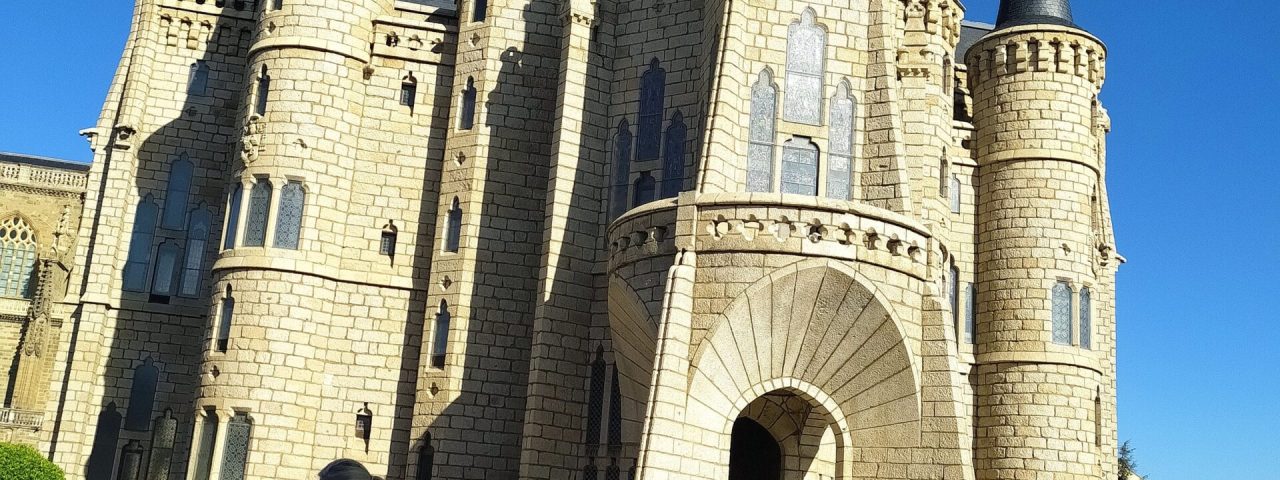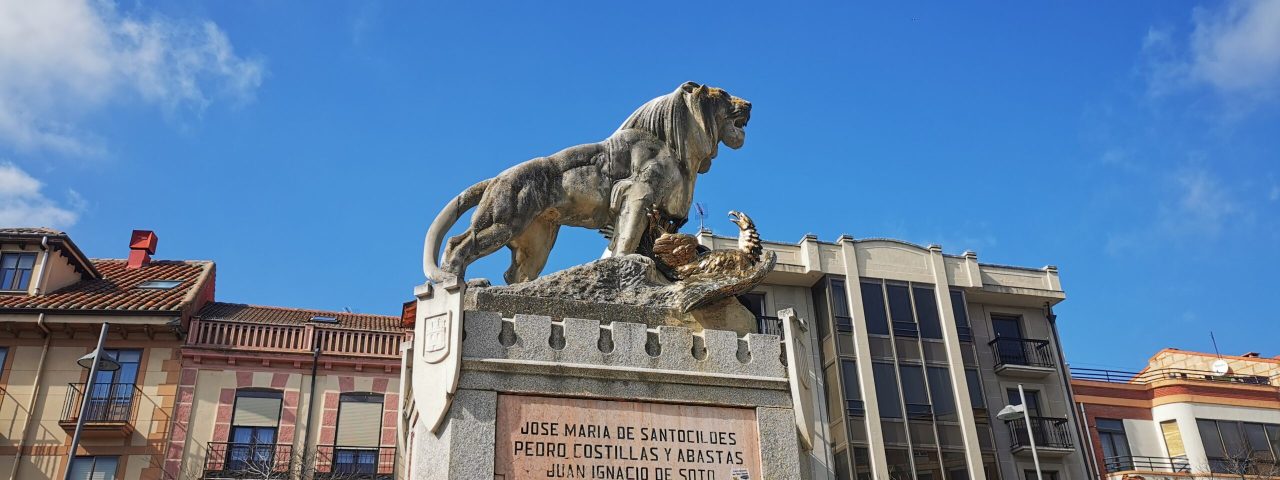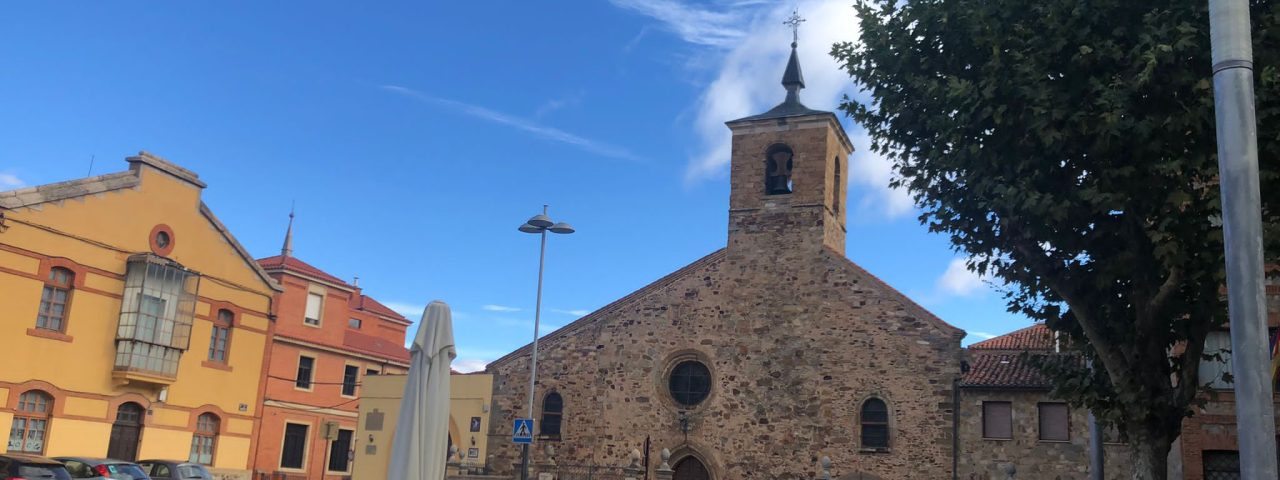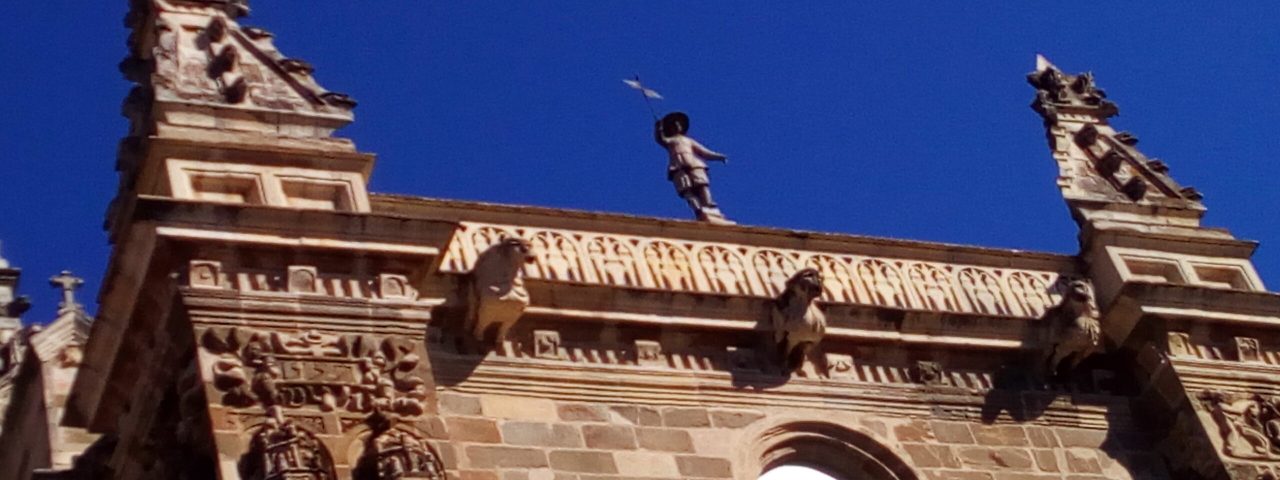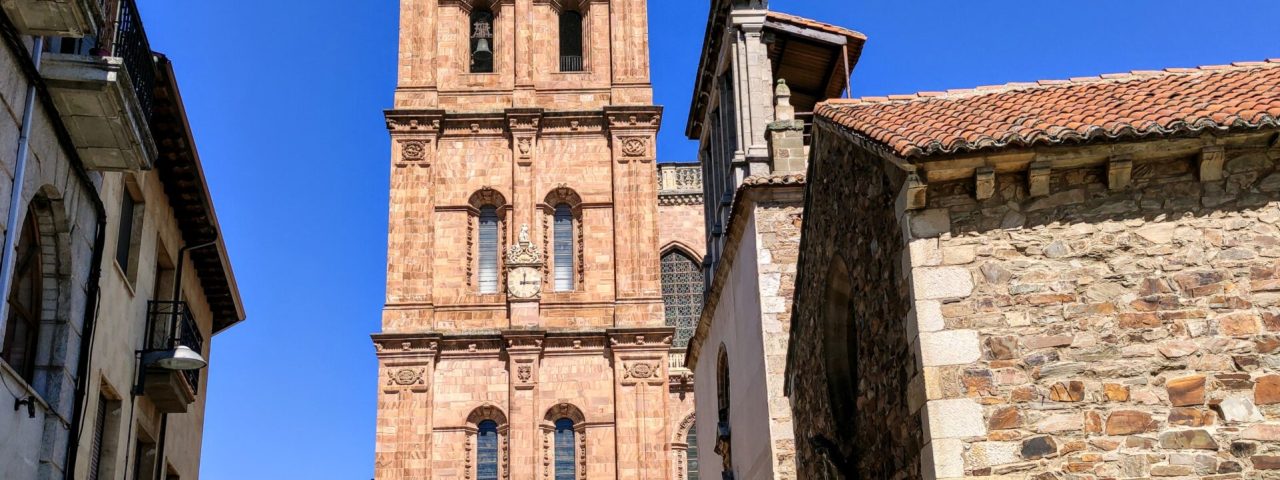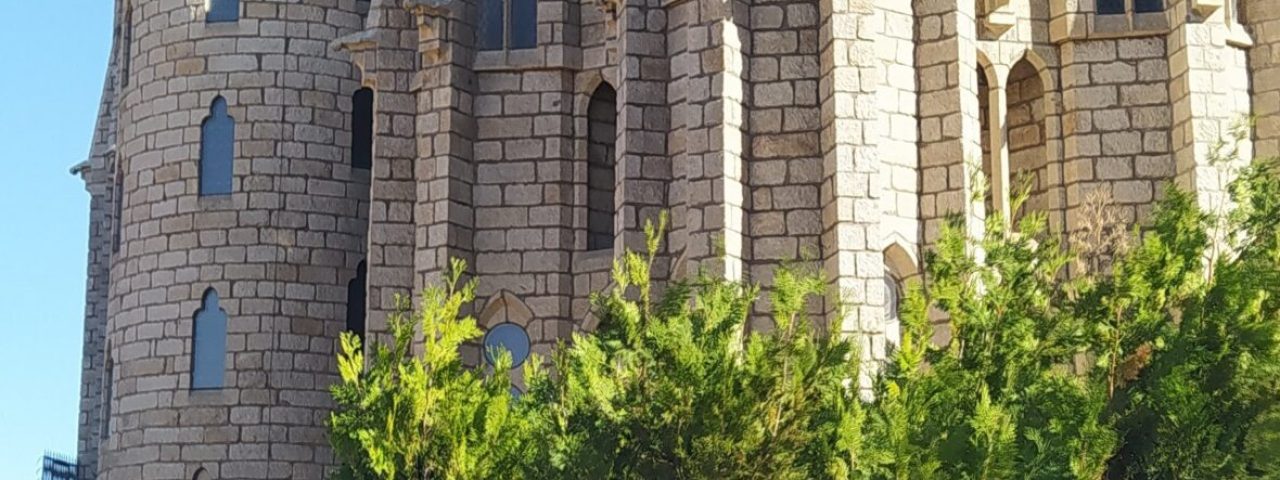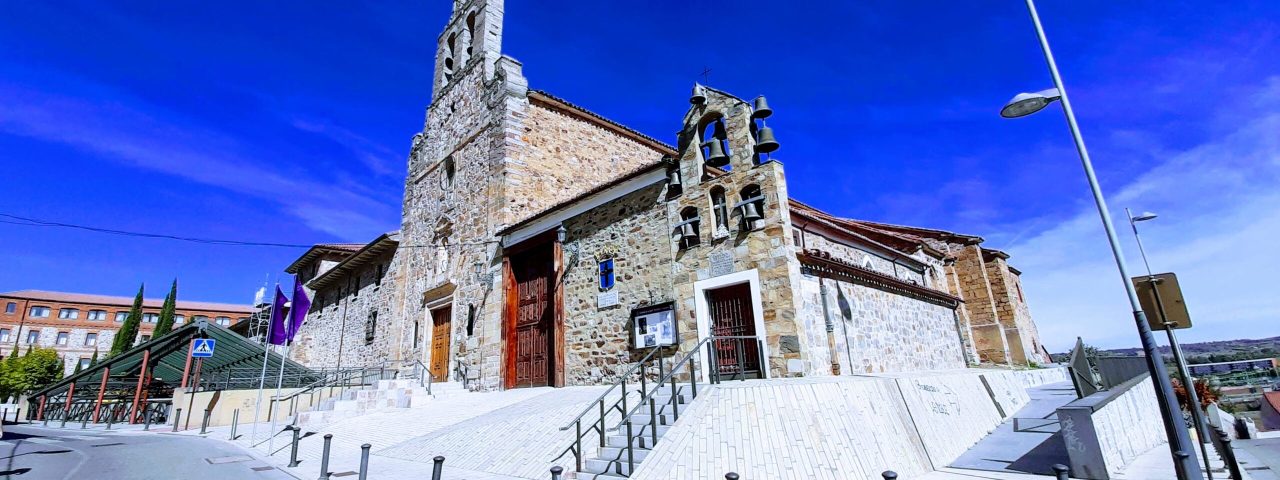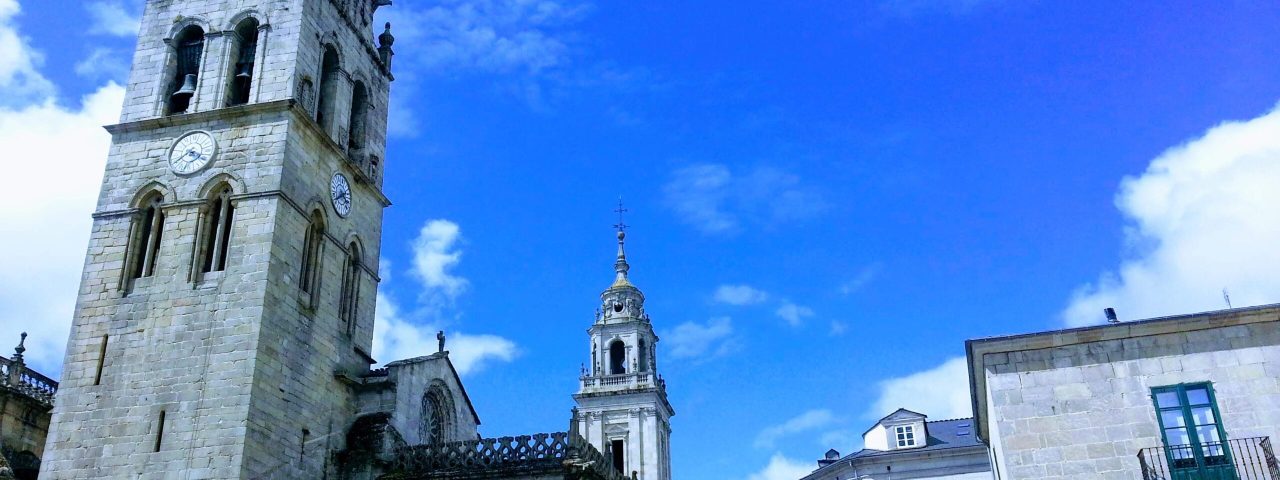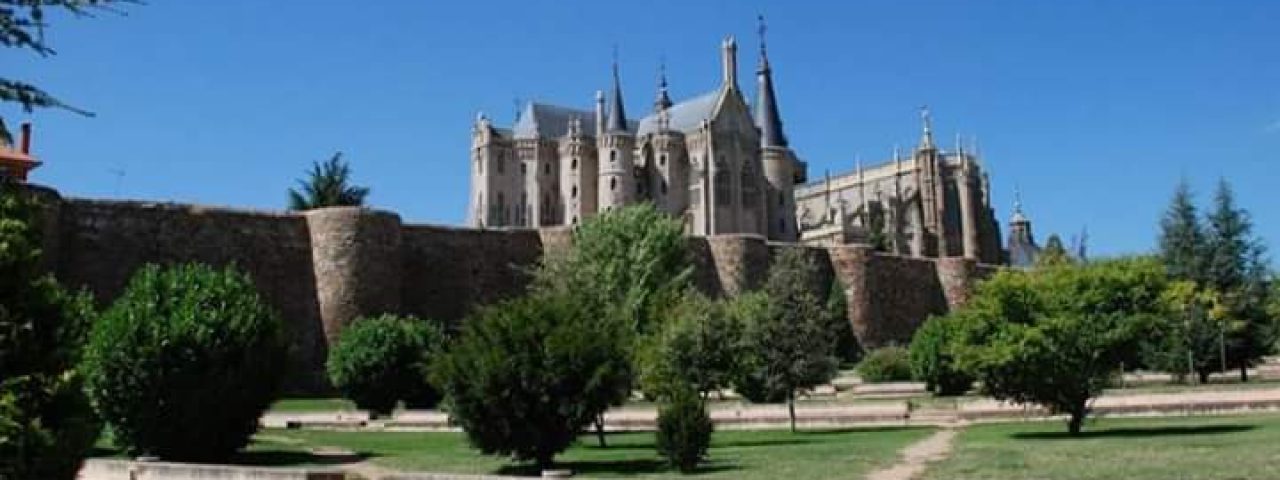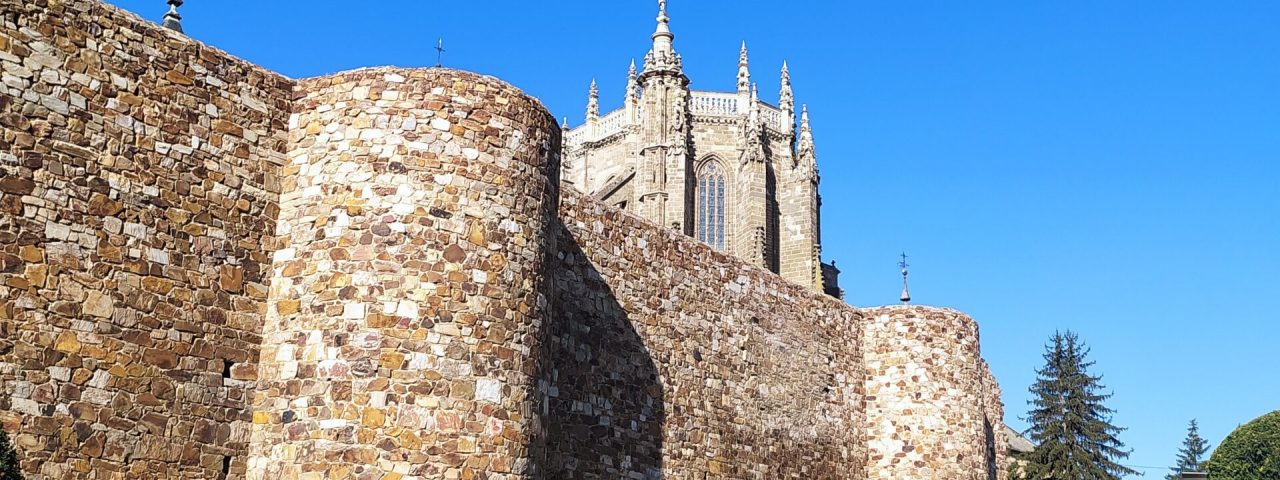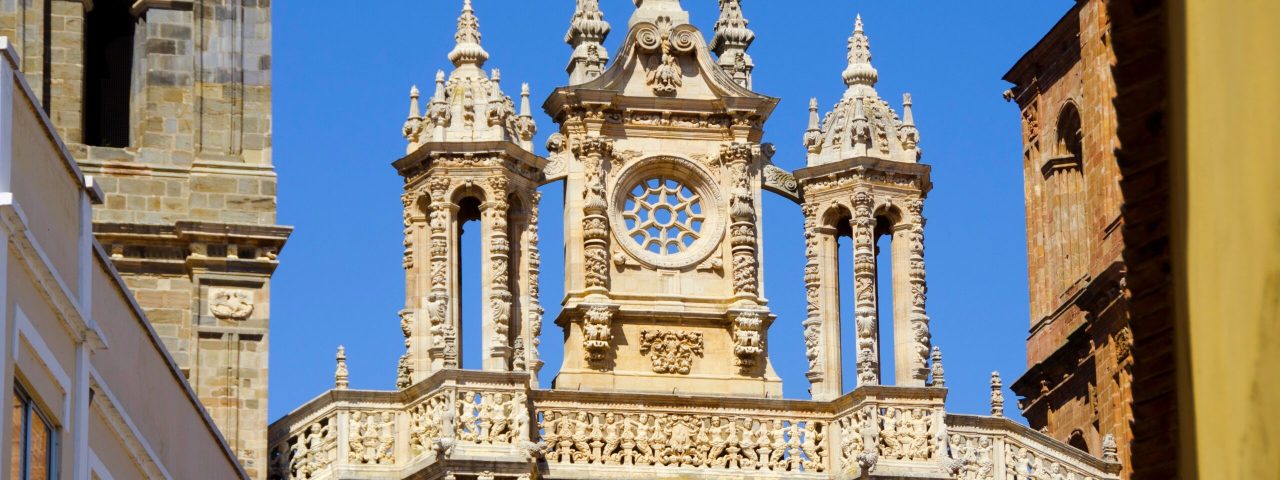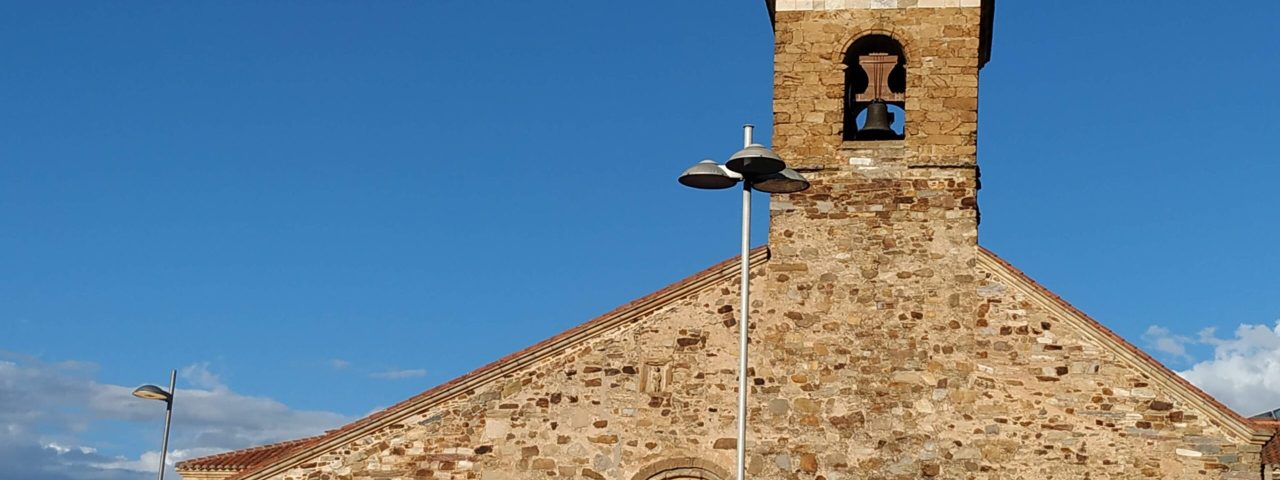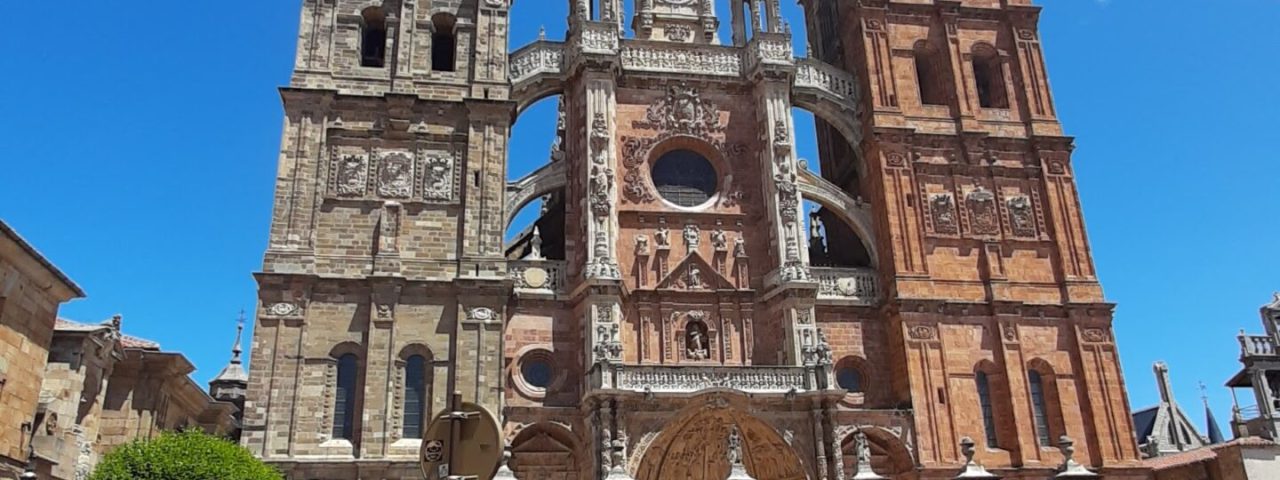Astorga boasts a rich history dating back to its foundation as a Roman settlement called Asturica Augusta in the 1st century BC. The city served as a crucial military and trade center during the Roman Empire, and many remnants of this period, including sections of Roman walls and ruins, are still visible today. Over the centuries, Astorga played a significant role in Spain’s history, particularly during the Christian reconquest of the Iberian Peninsula and later as an important stop on the Camino de Santiago pilgrimage route.
Astorga is deeply rooted in Christian traditions, and its culture is closely tied to the religious heritage of the region. The city’s festivals, such as the Holy Week (Semana Santa), are among the most revered in Spain and attract visitors from all over the country. Other notable celebrations include the Pilgrimage of the Virgin de Castrotierra and the Astures y Romanos festival, which reenacts battles between the Romans and the indigenous Astur tribes, offering a lively mix of history and entertainment.
Cultural customs in Astorga are also shaped by its connection to the Maragatos, a unique ethnic group known for their distinctive clothing, music, and traditions. This rich cultural diversity, combined with the city’s historical significance, makes Astorga a vibrant and fascinating place to explore.
